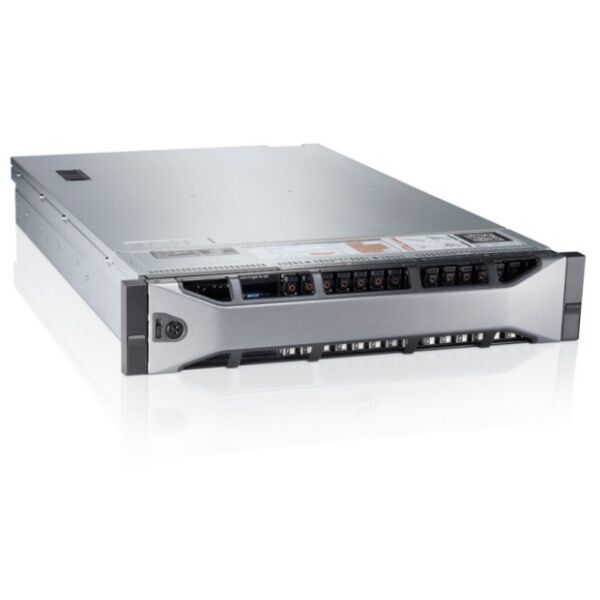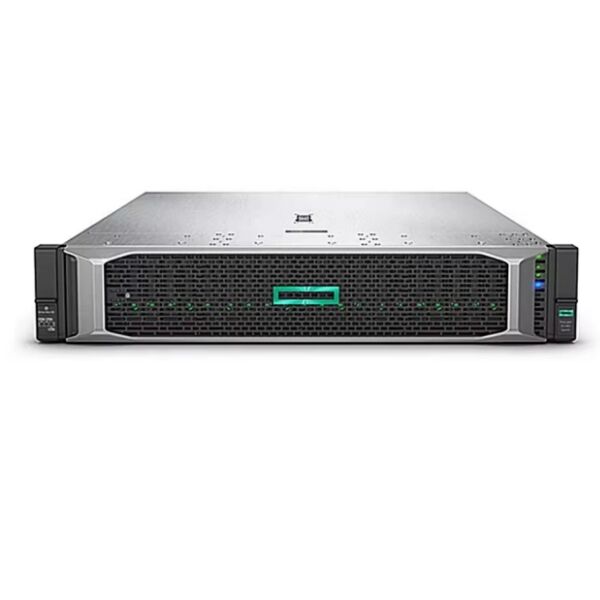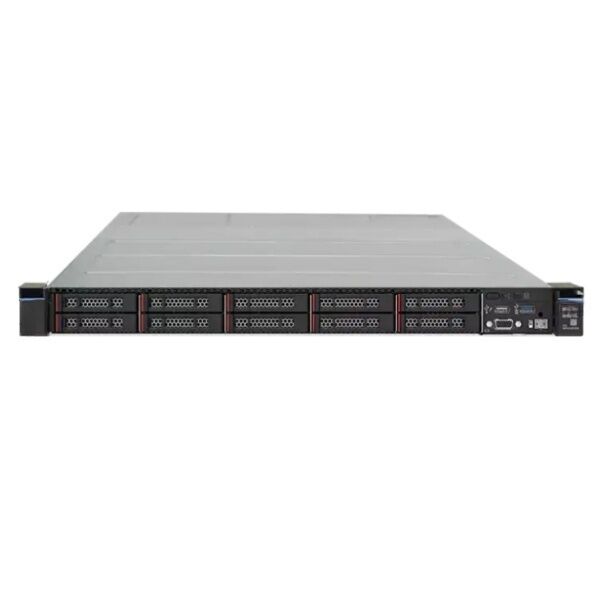linux server
A Linux server represents a powerful, versatile operating system designed to manage network resources and deliver services to client computers. Built on the Linux kernel, this robust platform offers exceptional stability, security, and flexibility for organizations of all sizes. The system excels in handling multiple users simultaneously while managing various network services such as web hosting, file sharing, and database management. Linux servers are renowned for their efficient resource utilization, featuring advanced process management and sophisticated memory allocation systems. They support numerous protocols and services, including Apache web server, MySQL databases, and FTP services, making them ideal for diverse business applications. The system's architecture enables seamless integration with existing network infrastructure while providing comprehensive tools for system administration and monitoring. Linux servers offer extensive customization options, allowing administrators to optimize performance based on specific requirements. The platform's built-in security features, including SELinux and firewall capabilities, ensure robust protection against cyber threats. With support for both physical and virtual environments, Linux servers demonstrate remarkable adaptability in modern computing scenarios, making them a cornerstone of enterprise IT infrastructure.


